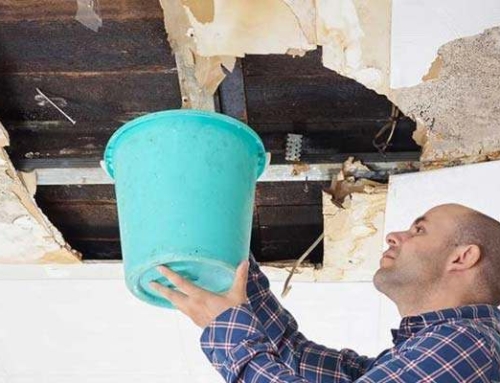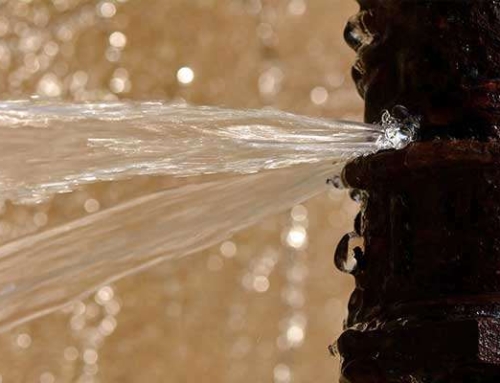Your basement is an essential part of your house. Whether it is used for storage or a living area, you need to ensure that floodwaters stay out so that your family and belongings are protected. Since basements are under the ground level, there is a high potential that they can flood. The good news is there are ways to protect your basement against flooding.
Have Two Sump Pumps Installed: A sump pump should be installed in your basement in order to get rid of any water that could potentially get inside of your basement. Typically it is installed on the basement floor in the lowest area and normally is operated via electricity so that it turns on automatically when necessary. A sump pump can possibly fail, therefore, it is recommended that you have two pumps at least. If one of the pumps fails, then the backup sump pump will turn on and then take over. There are some individual will buy a generator in order to operate their sump pumps in the event the electricity goes out. Other people might want to buy a battery-operated sump pump for their backup pump in the event the electricity ends up going out.
Make Sure To Properly Grade Your Lawn: Make sure your lawn slopes away from your house. It can be gradual and hard to notice. However, there is a simple way to check your lawn’s grading. While it’s raining, check to see if there is any water that is pooling near your house. If it is, then that means your lawn is not properly graded and you should have a landscaper fix it.
Fill in any Cracks in Your Foundation: Over time, every hose will do some settling. That can cause the foundation to crack which might not be a big worry since they don’t actually impact the strength of the foundation. However, they do allow water to get inside of the foundation and your house. If you see any cracks, make sure to have them filled, even if your foundation is not impacted by them, so water doesn’t seep inside your basement.
Divert The Rain Spouts Away from Your House: Water is carried by rain spouts from your gutters and then away from your house. If the rain spouts are not pointed in the correct direction or are not extended out enough, then water might pool clear to your house during a heavy rainstorm. Your rain spouts should be extended and make sure they are pointed in the direction that will help the flow of water further away from your house. That helps to ensure that water doesn’t pool close to your house and get inside of your basement. That helps to protect your foundation against water damage also, so you don’t want to skip this step.
Clean Your Gutters on a Regular Basis: Even if the rain spouts properly divert water, they won’t be able to the job correctly if they get clogged up and the water ends up spilling over the sides of your gutters rather than flowing down your rain spouts. At a minimum of two times per year, during the fall and spring, be sure to clean your gutters thoroughly to get rid of the debris. If there are trees near your house, it is a good idea to clear your gutters three to four times per year to help make sure they don’t become too full of leaves. Use a hose to test your gutters to make sure water is able to freely move through them and diverted away from your house. Be sure to fix any damage to your gutters so they work correctly.
Maintain Your Waste and Plumbing Systems: Although rainwater might the biggest threat to your basement flood, there is also the chance that your sewer might back up or you get a leaking pipe. Be sure to keep a close watch on your whole plumbing system and call a professional anytime you notice something is not working correctly or that is beginning to leak so that it can be repaired before your house is flooded.
Also, keep watch on your home’s storm drains. The city should maintain them, but if you do notice they are not working correctly, you might want to call the city so they can be cleaned. If you fail to do that it might prevent the water from being able to freely move away from your house and cause your home and lawn to become flooded. You shouldn’t need to worry that your basement is going to flood, but you should be aware of the possibility. Taking the above steps can help to greatly reduce the chances that your basement will flood and help to protect your home and belongings.





